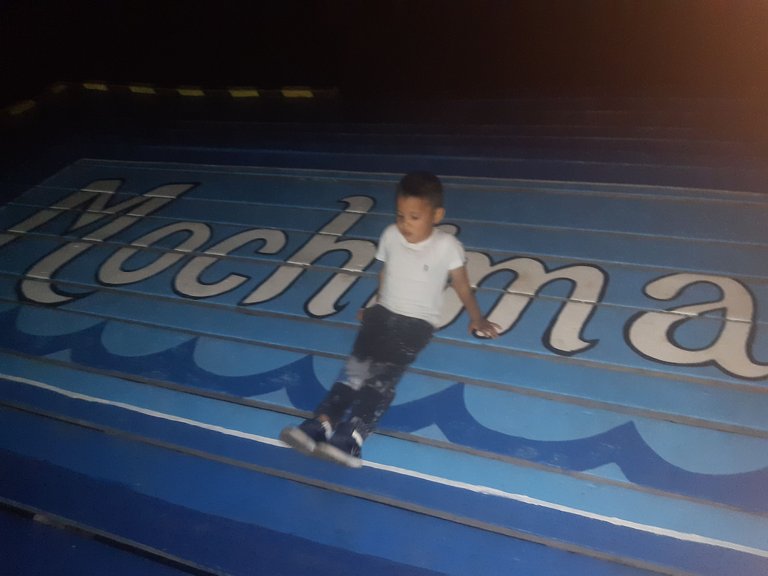
Se maneja mucho en estos tiempos el tema de competencias emocionales. Las competencias emocionales son competencias básicas en nuestras vidas. Aprender a manejar emociones es a su vez aprender a darle valor a la comunicación.
The topic of emotional competencies is discussed a lot these days. Emotional competencies are basic competencies in our lives. Learning to manage emotions is in turn learning to give value to communication.
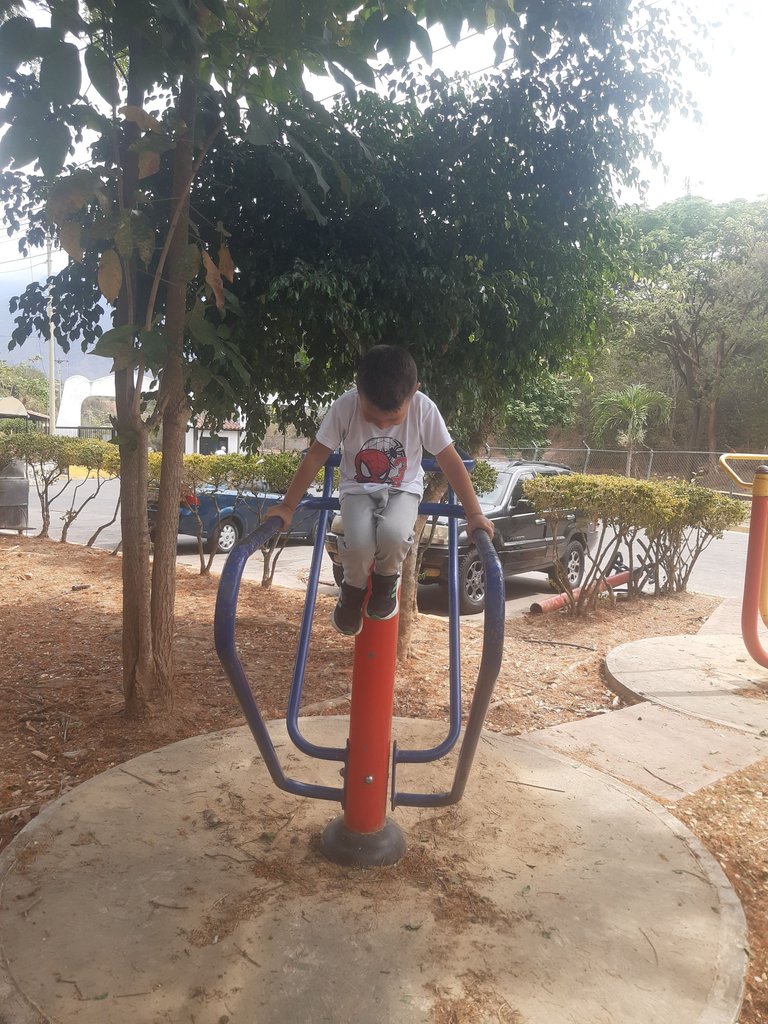
Dos temas importantes pero difíciles a la vez. Lamentablemente, no todos tenemos facilidad para expresar emociones y en este sentido se afectan directamente la comunicación.
En generaciones anteriores, como por ejemplo en mi caso, no recuerdo haber recibido herramientas para expresar mis sentimientos y emociones, todo era un tabú.
Two important but difficult topics at the same time. Unfortunately, not all of us have the ability to express emotions and in this sense communication is directly affected.
In previous generations, such as in my case, I do not remember having received tools to express my feelings and emotions, everything was taboo.
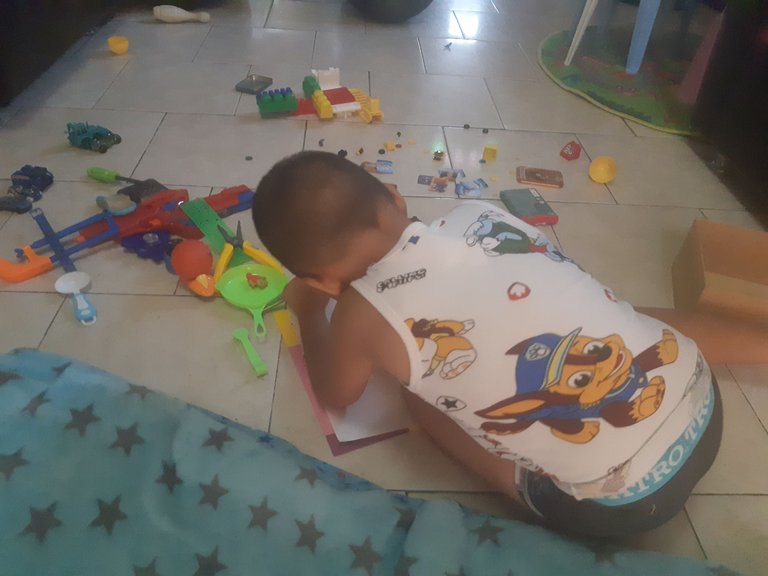
No se puede decir que el tema emocional ha representado un problema para unas generaciones y no para otras. Falso por supuesto, todos hemos necesitado ayuda para salir de situaciones que nos afectan pero, no en todo momento se ha tenido como se hubiese querido.
Ahora bien, al punto donde quiero llegar. Me preguntaba a mí misma ¿Es mejor pasar por Ignorante y no saber cuándo las emociones afectan la relación padre e hijo?
Pienso que de nada vale detectar y asumir la existencia de un problema donde yo como madre estoy involucrada si finalmente no estoy dispuesta a dar respuesta al mismo.
Entiendo que todo es a su tiempo. Somos analfabeta emocionales y despertar cuesta. Aceptar, reconocer y avanzar deben ser los pasos a seguir.
It cannot be said that the emotional issue has represented a problem for some generations and not for others. False of course, we have all needed help to get out of situations that affect us but it has not always been as we would have liked.
Now, to the point where I want to get to. She asked myself: Is it better to go through Ignorant and not know when emotions affect the parent-child relationship?
I think that there is no point in detecting and assuming the existence of a problem in which I, as a mother, am involved if I am not ultimately willing to respond to it.
I understand that everything is in its time. We are emotionally illiterate and waking up is difficult. Accept, recognize and move forward must be the steps to follow.
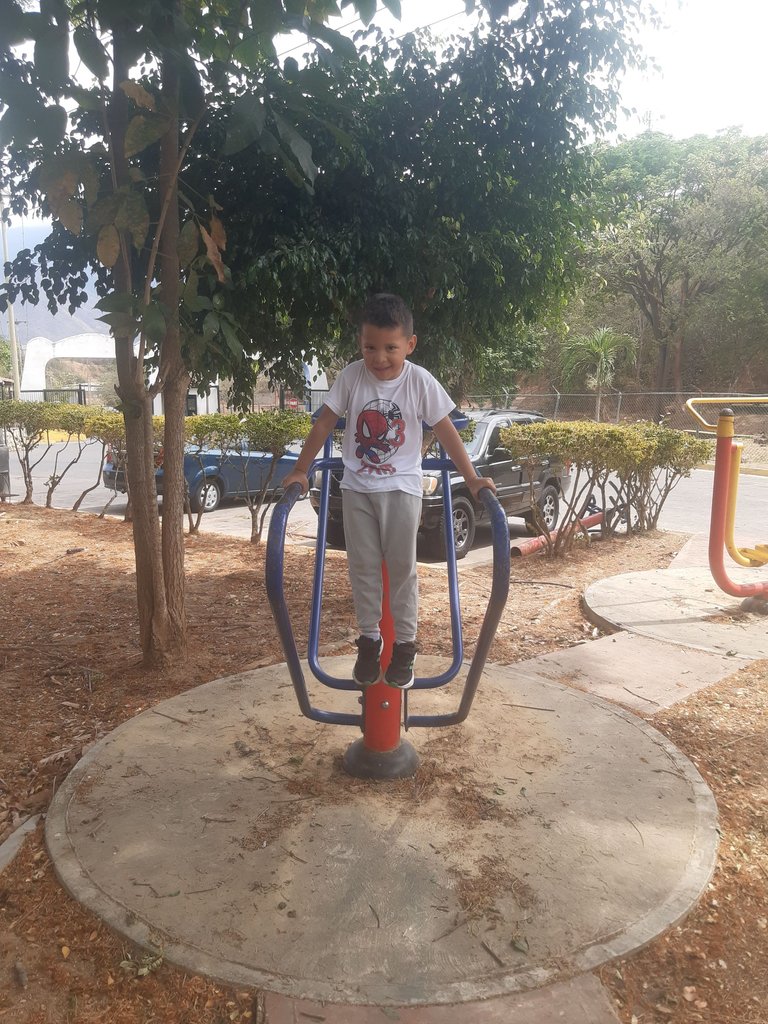
Cuando realmente nos interesa salir de un problema emocional y a su vez nos interesa que otros sanen entonces, hablemos con contundencia y digamos: *¡Ni un paso atrás!. De lo contrario siento sinceramente que es mejor declararse Ignorante porque será más sano para todos.
Estar consciente de un problema, saber que tengo herramientas para solucionarlo, pero le doy la espalda, es el acto más cruel al que podemos responder. En este último caso creo que la consciencia no nos dejaría vivir y el problema sería mayor.
Es el caso de un niño que manifiesta rabia contra su madre. La ama, pero el choque entre ellos es diario. El niño detona frente a ella con cualquier excusa y ella se une al conflicto como si fuese una niña más.
Es su único hijo, lo ama más que a su propia vida, los últimos días se ha preocupado y ocupado de él, sabe que la conducta de ambos no es normal y por ende necesitan ayuda. La ayuda terminó siendo para ambos.
When we are really interested in getting out of an emotional problem and in turn we are interested in others healing then, let's speak forcefully and say: *Not one step back!. Otherwise I sincerely feel that it is better to declare yourself Ignorant because it will be healthier for everyone.
Being aware of a problem, knowing that I have tools to solve it, but I turn my back on it, is the cruelest act we can respond to. In the latter case, I believe that consciousness would not let us live and the problem would be greater.
This is the case of a child who expresses anger against his mother. He loves her, but the clash between them is daily. The boy detonates in front of her with any excuse and she joins the conflict as if she were just another child.
He is his only son, he loves him more than his own life, the last few days he has worried and taken care of him, he knows that their behavior is not normal and therefore they need help. The help ended up being for both of them.
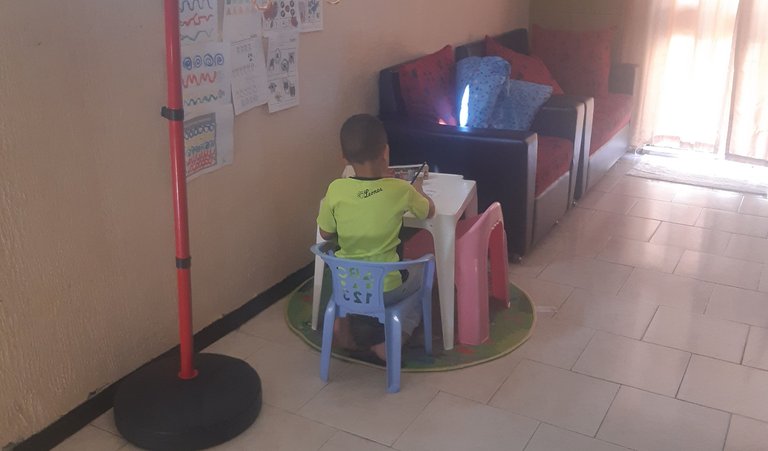
Con un diagnóstico claro donde se determina el problema emocional, la madre cierra el ciclo sin haber sido dada de alta. Su argumento, no lo expone. Sin embargo, su actitud demuestra que es miedo.
Los miedos son consecuencia de heridas. Recordar heridas seguramente no es fácil para nadie. Pero, ¿Cuál puede ser la solución para este caso?
Repito una vez más, cada quien tiene su momento para despertar, para aceptar, para avanzar, por lo tanto nadie debe juzgar. Sin embargo, podemos aconsejar. Si estamos en una situación como ésta, escuchemos, busquemos ayuda, conversemos y lo más importante, no cierres la posibilidad de ver a tus hijos crecer emocionalmente sanos..
With a clear diagnosis where the emotional problem is determined, the mother closes the cycle without having been discharged. Her argument, she doesn't expose it. However, her attitude shows that it is fear.
Fears are a consequence of wounds. Remembering injuries is surely not easy for anyone. But, what can be the solution for this case?
I repeat once again, everyone has their moment to wake up, to accept, to move forward, therefore no one should judge. However, we can advise. If we are in a situation like this, let's listen, seek help, talk and most importantly, don't close off the possibility of seeing your children grow up emotionally healthy.
Paso a paso llegamos lejos. Paso a paso se puede salir del sufrimiento que causa el rechazo de un hijo.
Step by step we go far. Step by step you can get out of the suffering caused by the rejection of a child.
¡Gracias por leer, comentar y votar!

By @ylich




